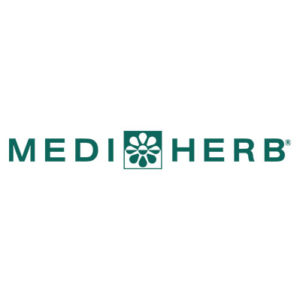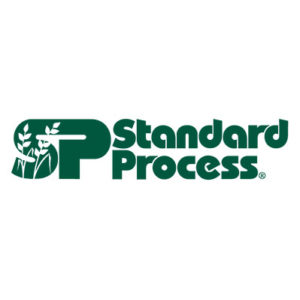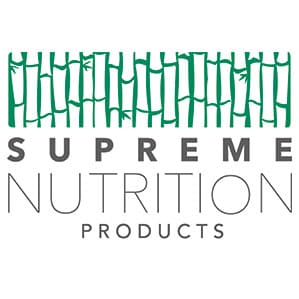The consumption of foods that are high in magnesium is essential to our body’s cellular health. The biochemical processes that help us function at full capacity are significantly influenced by how much magnesium we consume.
Nerve functions, our body’s capacity to manage blood sugar levels and metabolize energy, and the synthesizing of protein all rely on magnesium.
How can you tell whether you’re getting the right amount for your body?
Not by a blood test, as many people assume. In fact, a minor 1 percent of the magnesium in the human body is stored inside our blood; primarily, we store magnesium in our bones.
What are some illnesses linked to lack of magnesium?
The range of health challenges vary from inconveniences like headaches, constipation and chronic fatigue, to life-threatening experiences such as heart attacks, depression/anxiety, fibromyalgia, and type 2 diabetes.
How can you avoid those risks and increase your magnesium consumption?
If you do need to supplement with magnesium, be sure to find a quality brand and avoid purchasing from big box stores or discount chains. When it comes to nutritional supplementation, their effectiveness will not be the same across the board. We generally recommend magnesium in the lactate form for better absorption.
On the food front, green leafy vegetables are well-known magnesium-rich sources. Chlorophyll, the nutrient-factory, known also as “plant blood”, benefits our bodies in the same way it absorbs the sun’s light and transforms it into energy it can use. Spinach and chard are wonderful options, too, with more than 150 milligrams of magnesium in only 1 cup! Figs, black beans, almonds, bananas, and avocado are also rich in magnesium. And perhaps the best news, so is dark chocolate!





